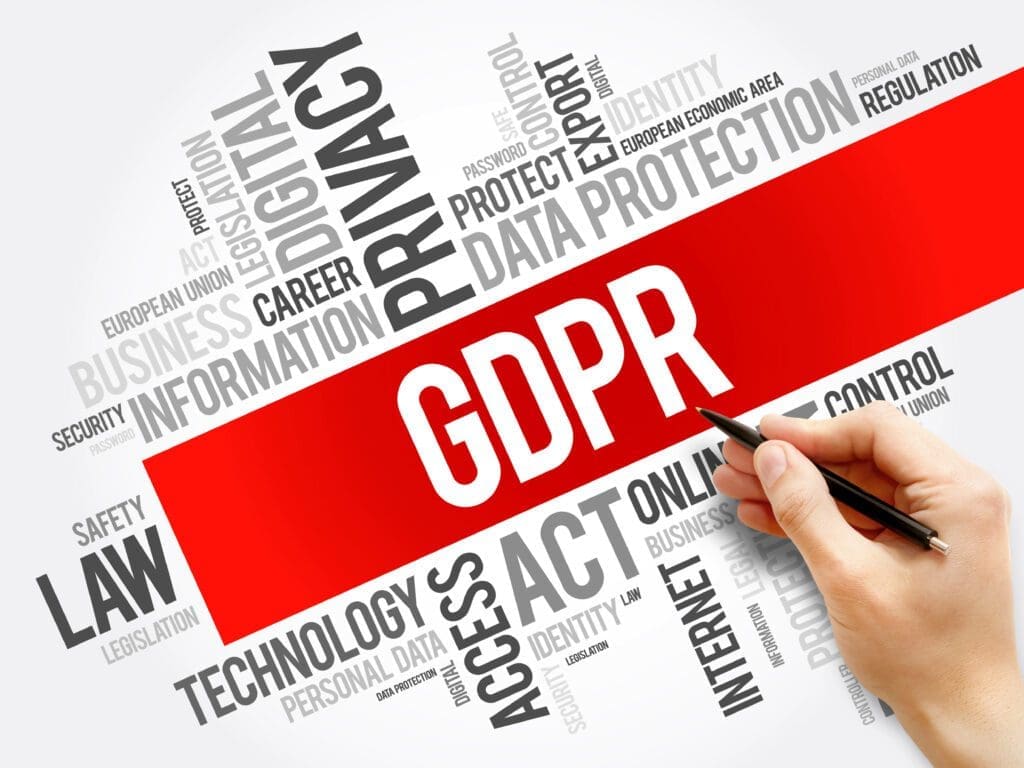
How can we protect our Personal Data as Citizens?
Computers and digital life have evolved significantly over time. With the invention of the internet and social networks, our on-line relationships have taken an increasingly central place in our daily lives.
Using social networks has continuously changed our habits and the way we behave.
Around 2010, the open-source and Linux communities began to alert people about the dangers of private data collection by “GAFA” — a contraction referring to the major tech companies: Google, Amazon, Facebook, and Apple.
Around 2015, the European Commission introduced a new legal policy called GDPR (“RGPD” in French), meaning General Data Protection Regulation.
This policy helped raise awareness about the importance of data privacy. The concept took time to be fully understood because we were all sharing data without realizing its implications.
We came to understand that if a company collects private information from our profiles, we have the right to choose what we share — a security concept that has become increasingly important in information technologies.
Data privacy and personal information are essential for everyone. They are part of our identity.
Protecting our identity is, in fact, protecting ourselves from potential risks. It helps us understand that there is a sort of mental or virtual boundary. This may sound like a limitation, but in reality, recognizing this boundary helps us more than it hinders us.
As we sometimes say in French: “Reculer pour mieux sauter” — which loosely translates to “Taking a few steps back to jump better.” While English may not have an exact equivalent, the idea is similar to “delaying to do it better” or “taking a strategic pause.”
(As other links on this site may remind us), we need to relearn how to share not only our own private information, but also others’—with respect for ourselves and for others.
Returning to our inner selves also helps us create a better ‘together.’
The rise of GAFA and their data collection practices—whether voluntary or involuntary—has drawn attention to the work of IT scientists, who are now prompted to rethink and question:
- “What are we doing?”
- “How are we doing it?”
The open-source community, which often leads in ethical discussions within computer science, has raised awareness about how we use personal data in the context of Information Technology (I.T.) — literally, the technology of sharing information.
This encourages us to be more mindful about what information we share, and how we share it.
Also remember:
If one day, personal information about you is published without consent — and causes harm, dignity issues, or includes fake content — you have rights.
As we say sometimes : “Another world is possible.” Nothing is definitive.
You have the right to act. If information has been stolen, misused, or published without your consent, you have the right to retrieve and remove it, in accordance with justice and human rights.
Everything can be verified and investigated. All you need to do is contact the appropriate public authority in the country or place where your private information was found. You can also reach out to:
- The police
- Citizens Advice
- Legal advice websites such as “Which? Legal”
- Any law firm listed on the Law Society website
It might feel difficult to act. We may feel desperate at times. But every small step matters. It is your personal information.
Protecting your data also helps protect others.
Your personal information is valuable.
You have the right to act as a citizen — in defence of your human rights and dignity.

Comments are closed